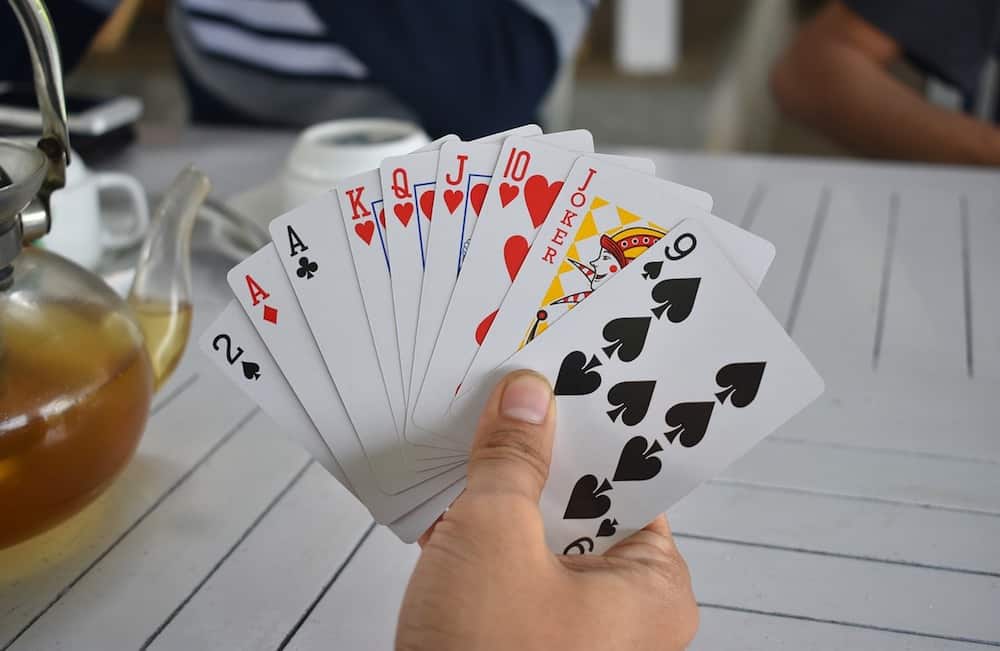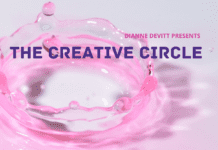
What are you doing today to play and have some fun?
Will you be alone? With a friend, sharing an adventure? With family, children, parents or colleagues? One of the most brilliant and intuitive men that I know recently commented to me that the fact my parents took the time to play with me when I was you is the reason that I’m creative and intuitive. Well, thank you for that compliment.
This statement made me stop and think though. Was this really true—was the observation (or impression) that I am smart really a result of play? The answer is yes.
As a professor for more than 25 years, I have observed and watched the upcoming generations interact, interchange and engage. What has grown more and more apparent to me is that all of us, Baby Boomers to Millennials, have one thing in common and that is the need to play, to give ourselves permission to play and to lighten up. The seniors know this already, laughing at themselves and living up to the name, “The Greatest Generation.” My 88-year-young mother plays crosswords, cards, dominos and Mah Jong, along with an avid reading schedule of one book a week.
In an exercise with my class at New York University, I introduced a creative concept that involved passing around a cabbage and asking for ways to use said cabbage in a meeting in any area but food. Ideas came eventually as the students received permission that it was okay to think differently. Concepts such as a floral vase, candle holders, soup bowls and using the cabbage as a serving piece for appetizers started to emerge—but it took time. The brain needed to receive the transmitters that it was alright to think differently. That it was a safe place to verbally share random thoughts. That there was no judgment.
Play forces you to be present, to focus and to pay attention. Centuries before the modern meetings and events industry took shape, the Greek philosopher Plato wrote a book called “The Republic.” In it, he put special emphasis on the importance of play in developing the full person, the balanced person. Plato’s ideas were based on educating, influencing and engaging citizens by “freeing” them through philosophical plans to live lives of excellence, develop leadership skills and build and construct a just society for public good.
Meetings and events are the integral playgrounds for the device-addicted age in which we live. The planner’s responsibility of designing an agenda that calculates and manipulates flow and logistics based on the neuroscience of it all allows and plans for moments with expected human reactions, emotions, interactions and engagement, giving the attendee permission to play and permission to interact and exchange in a safe and secure environment that’s designed to promote harmony.
“Meetings and events are the integral playgrounds for the device-addicted age in which we live.”
There are many studies related to the brain’s cerebral cortex and the limbic system that support the necessity of natural play experiences. Attributes related to fear, reward, emotion, social behavior, long-term memory and problem solving all connect to this area of the brain known as the frontal lobe. When fear sets in, learning stops and numbness sets in as people go from openness to shock to anger to lethargy.
I studied Developmental Drama focused in an area of Creative Dramatics. This theater tool taught the techniques that promote creative thinking and were all based on play, learning with props, tools and motivational improvisation. Adults learn through the Go Play approach. Play opens our minds and hearts to receiving messages, to being open to new concepts, to connecting with others and building instant communities.
When you are with your friends and family, consider this novel concept to play:
- Play cards like my parents did every week with their friends.
- Play board games and introduce a game room or area into your meetings
- Use games as creative ice-breakers and for fun
- Keep a puzzle open at home and for use in meetings
Plato would have reveled in planning a week-long conference thinking of the possibilities; Socrates as a general-session speaker with breakouts in professional and personal development along with leadership skills. I’d like to think he would have Maslow and the hierarchy of needs as a guest with Oprah interviewing him.
Play is fun-damental to our well-being and becoming, as Plato described, “the whole person, the balanced person.” Take time today and every day to play—and invite me.










